This is the fifth in a series of articles by Mojtaba Hosseini, an Iranian convert to Christianity who spent more than three years in prison in the southern city of Shiraz because of his membership of a house-church. Mojtaba’s first note from prison explained his journey to faith and the first of his two subsequent arrests; his second detailed his long interrogation; his third explained the desperation and loneliness of solitary confinement and his fourth described some of the dreams and visions he had in prison. In this fifth note, Mojtaba describes the moment he was brought before a judge.
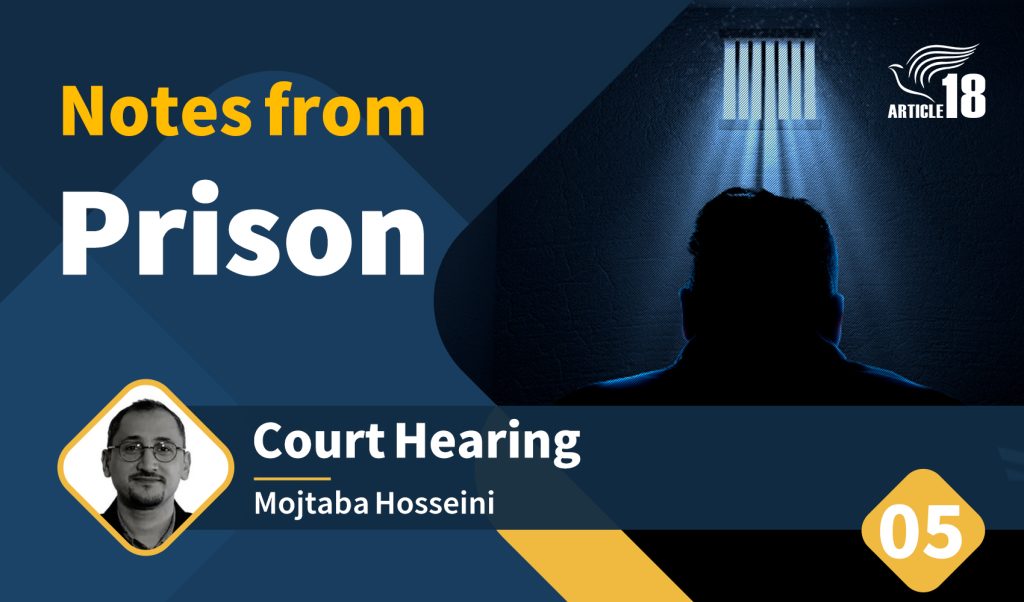
It was my 21st day of solitary confinement. Early in the morning, the prison guard opened the door and, as usual, said simply: “Blindfold, on.”
Usually, when the door was opened, it was either for me to be taken for interrogation, or for them to take the rubbish out. But on that day, without saying another word to me, I was led outside and pushed into a car, with my hands cuffed and my feet in chains.
From the moment I entered the car I felt very anxious and, as we drove along, a thousand and one thoughts crossed my mind about where I was being taken. On the one hand, I feared they were taking me to the middle of nowhere so they could kill me. On the other, I was scared they might be taking me to the public prison.
After about half an hour, the car stopped, they took off my blindfold, and I looked up to see the Islamic Revolutionary Court.
Then I was taken out of the car, with my hands and ankles still bound, and led inside.
Identity
There were a number of people outside, watching me as I was taken in, and I thought to myself that I must look like such a dangerous criminal to them, to be bound in such a way. I wondered what crimes they thought I must have committed – a drug trafficker, perhaps? A murderer? Or maybe a fraudster?
At first, their gaze weighed heavily on me, but then I reminded myself that my identity and worth wasn’t found in people’s opinions of me, but in God’s – and that this God loved me so much that He had given His life to free me from all past and present humiliation.
Throughout my time in prison, I had to constantly remind myself of this: that, in the end, it didn’t matter what society or the government, or even my friends and family, may think of me. My identity is found in God alone.
Despite the many accusations levelled at me, and the humiliations I went through, the important truth was that in God’s eyes I was a prince, redeemed by the precious blood of Jesus. I would remind myself of how my life had been miraculously transformed by the presence of the Holy Spirit, and meditate on the words of Romans 8:
“So what can I say about all this? If God is with me, who can be against me? He who did not spare his own Son, but sacrificed him for me; will He not also, along with him, graciously give me all things? Who will bring any charge against those whom God has chosen? It is God who justifies me! Who then will condemn me? Christ Jesus, who died – more than that, who was raised to life – is at the right hand of God and is interceding for me! Who then shall separate me from the love of Christ? Shall trouble or hardship, persecution or famine, nakedness or danger or sword? No, in all these things I am victorious because of Him who loves me.”
God’s great and indescribable love was sweet incense to my soul, and enabled me to overcome all my troubles and torments.
After being made to wait for a while, I was taken into the judge’s room, where he sat, reading my case. After a few minutes of silence, he suddenly angrily shouted: “You are wrong to have insulted our sacred beliefs!”
I immediately replied: “In no way have I ever insulted them!”
But he cut me off, saying: “When you go to prison, you will be taught manners so that you will no longer act against this government and its sacred beliefs! Then you will be released on bail.”
And, without listening to my defence at all, he ordered the intelligence agent to take me away.
Fear and comfort
Since I’d had no way to contact my family, I was very worried about whether they would even hear about my chance to post bail, and, if not, I feared how long I might be left in prison.
I was also extremely afraid just about going to prison, having heard so many bad things. But there I was, sitting in a waiting room, about to be taken there. I still couldn’t believe it – that I, Mojtaba, was about to be taken to prison, having done nothing at all to harm anyone.
My heart was filled with an anxiety that threatened to consume me. But at that very moment I suddenly remembered the words of Psalm 23: “The Lord is my shepherd; I shall not want. Even though I walk through the valley of the shadow of death, I will fear no evil, for You are with me.”
These words became my prayer, and from the depths of my being, at my moment of greatest weakness, I relied on them. And in a very real and tangible way, these words provided me with strength and courage at the very moment I needed them.
Every single word of this wonderful prayer of David was like a caress from my Heavenly Father, telling me: “You are my son and I will take care of you.”
This prayer brought such peace and courage to me that it was as though I had been transformed into another person. I could so tangibly feel my Heavenly Father’s support and care, knowing that it was in Him that I found my hope and identity.
I remember sitting quietly from the moment I was placed back in the car until we arrived at the entrance to the prison, and the power of that prayer still remained with me, and I truly understood the meaning of the words: “You are with me in the valley of the shadow of death.”
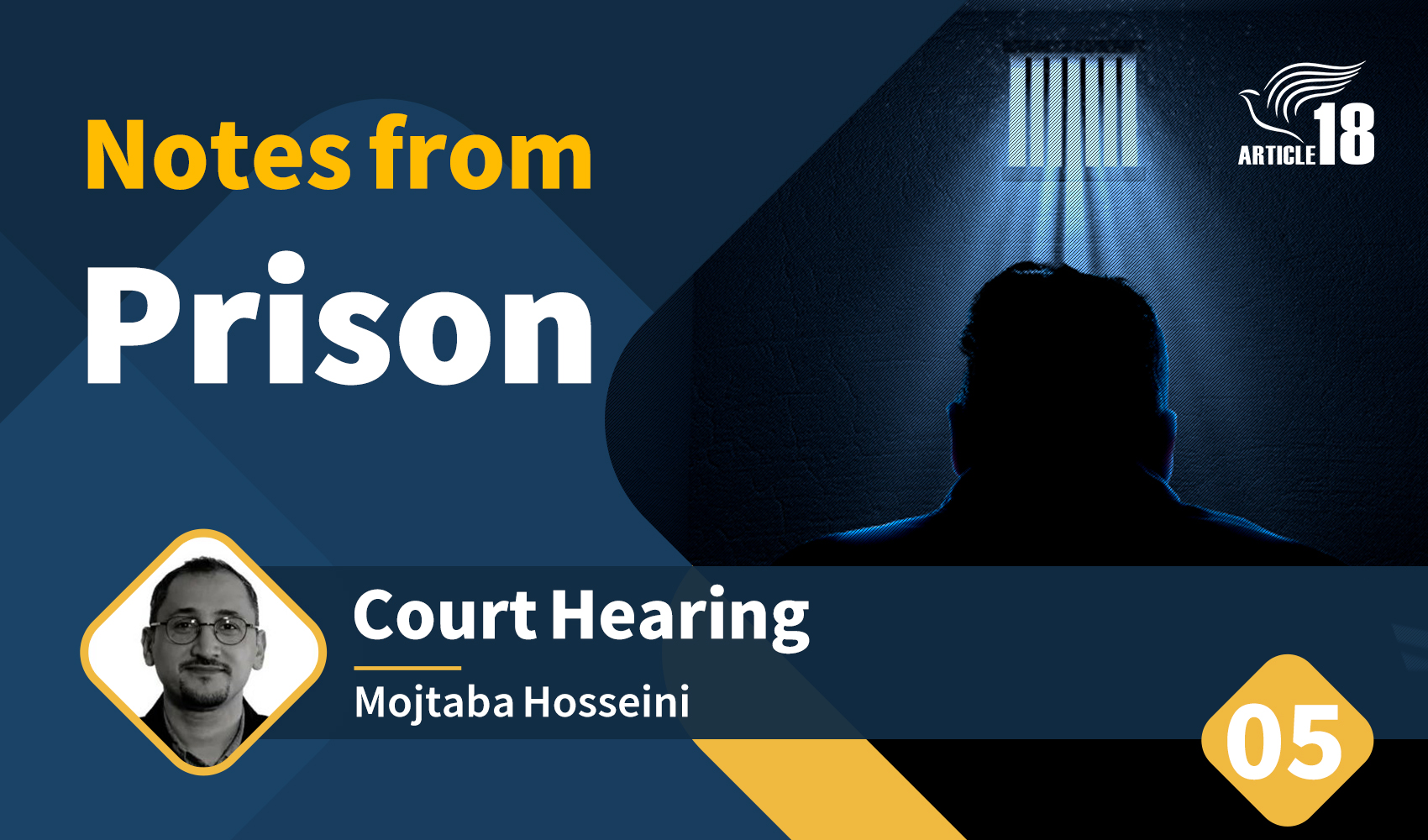
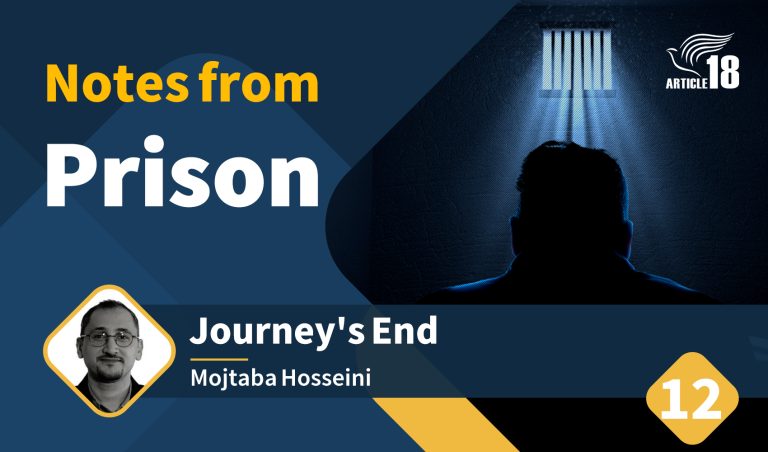
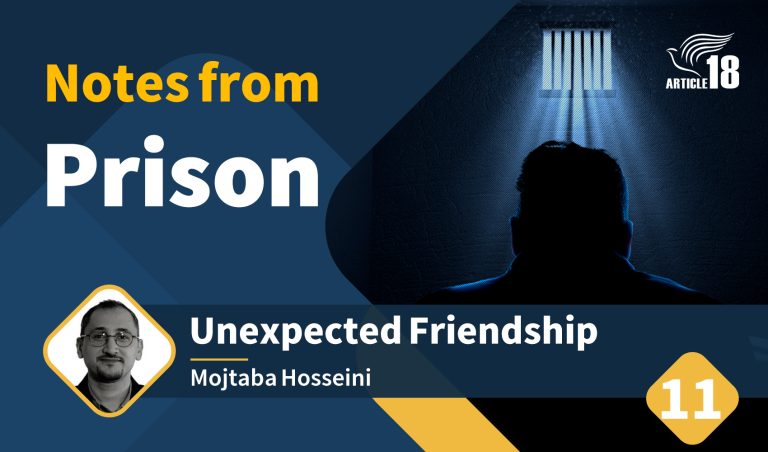
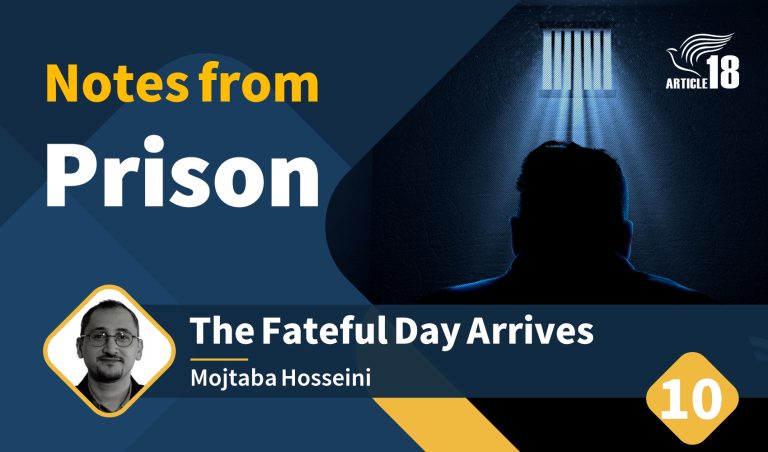
0 Comments
Trackbacks/Pingbacks